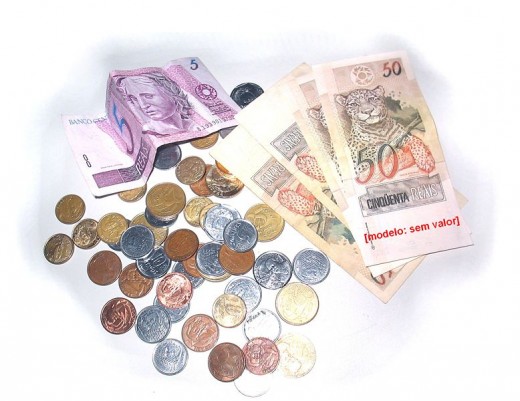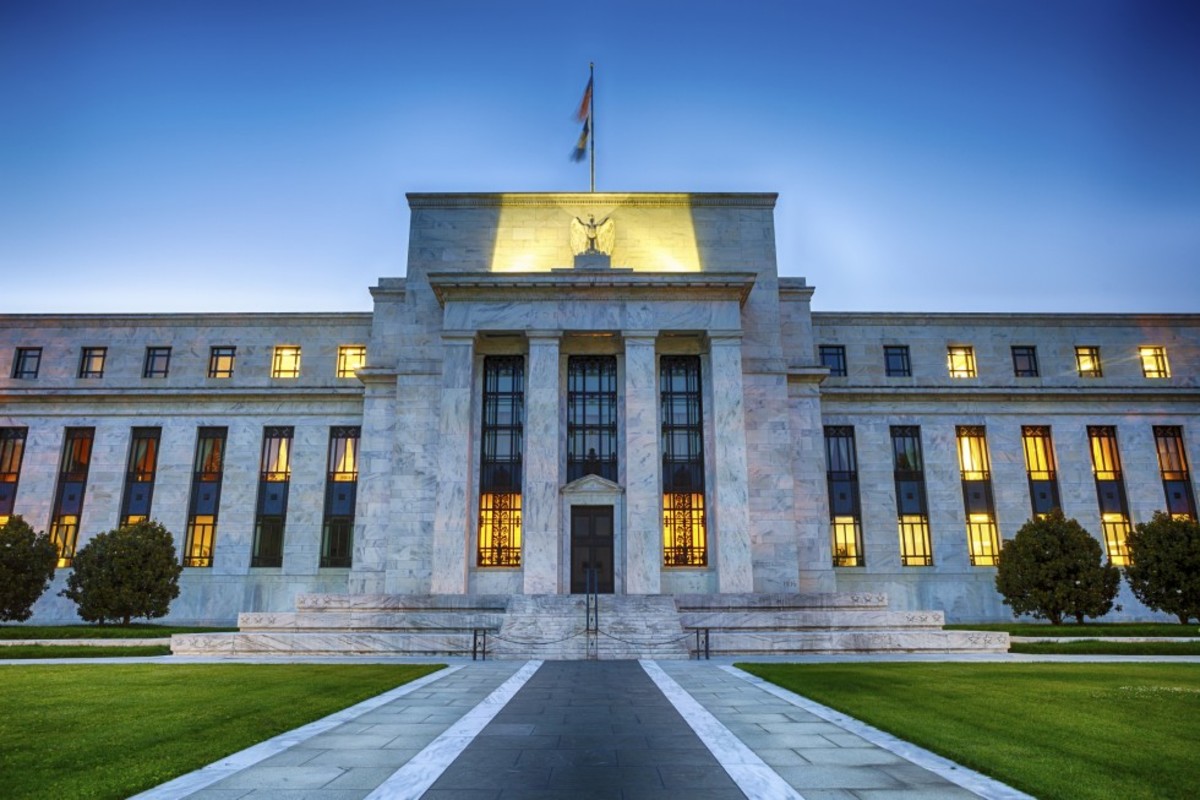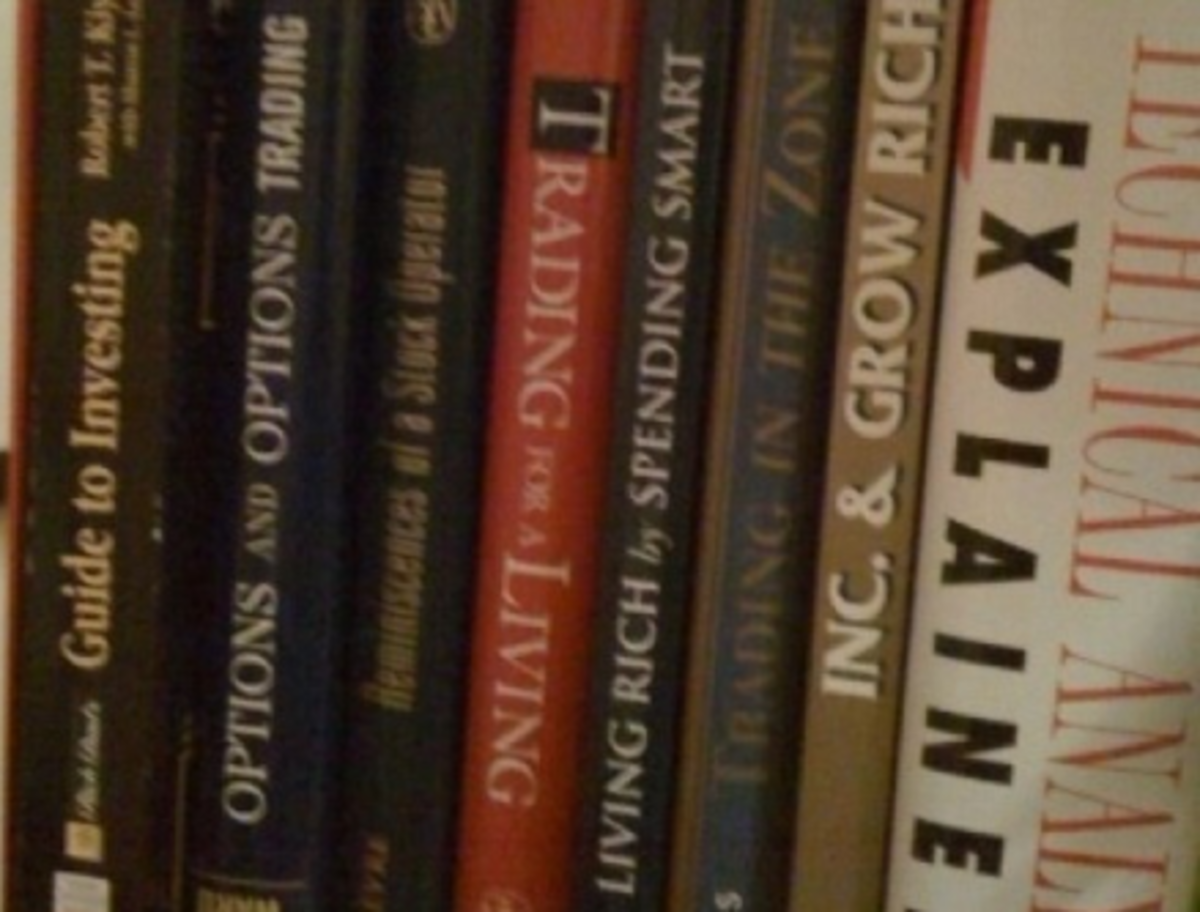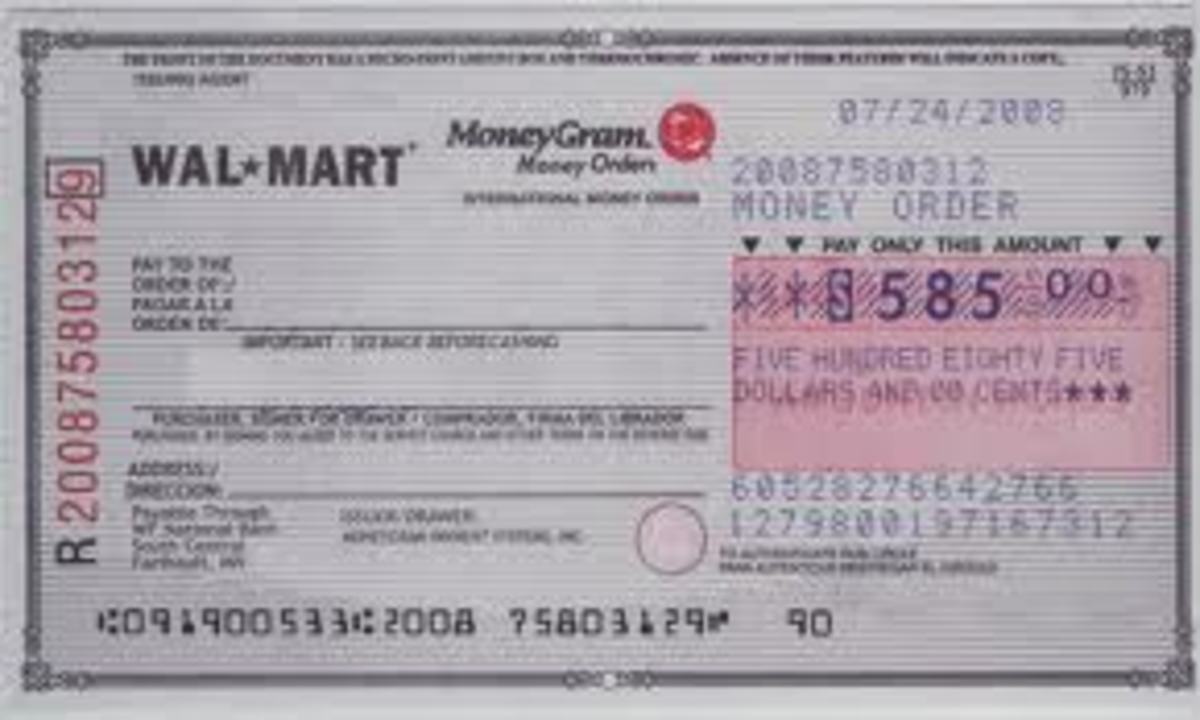What is the difference between a bank and a credit union?

What is the difference between a bank and a credit union?
Are you reading this article because you are fed up with the banks? Maybe you are wondering whether credit unions might offer a fairer alternative. Perhaps you need a loan, and your bank has turned you down. Or maybe you're just curious. After all, new credit unions are springing up daily. There has to be a reason why there are more of them about.
Everywhere you turn these days you hear nothing but criticism of the banking sector, and in particular the high bonuses paid annually to staff members. Many people feel angered or alarmed when they read about the millions of dollars or pounds or euros these people receive for managing our money. This level of pay can seem more than a little unfair, especially when your job is threatened by an unstable economy, and you are perhaps struggling to pay the mortgage and put food on the table. But is there another way? Could we shun the banking system and place our money with an organisation that respects our needs, and works hard for both individuals and the wider community? Those who are familiar with credit unions already know the answer to this question.
A credit union is a cooperative financial institution that is owned and controlled by its members and operated for the purpose of encouraging savers, and providing credit at reasonable rates. Many also provide other financial services to their members, such as cashpoint cards and chequing facilities. Some even offer mortgages and insurance. Whilst a few credit unions are affiliated to Trade Unions, or church groups, others are large and well-established community based operations, with a range of facilities similar to those offered by banks. There is also a growing number of tiny, start up initiatives offering only limited services until their membership grows and they become better established. In many instances they provide a viable alternative to the banks, and they are certainly worth a second look.
UK Government provides funding to expand Credit Unions
On the 3rd March 2011, it was announced that the UK Government plans to invest up to £73 million in credit unions over the next four years. The money is intended to fund the continued expansion and modernisation of credit unions, .and the Government is commited to providing access to credit union accounts through the Post Office network. This announcement comes hot on the heels of an interview given to the Daily Telegraph by Mervyn King, Governor of the Bank of England, in which he suggests that " Imbalances in the banking system are growing again and could lead to a repeat of the financial crisis" This may be just one of the reasons that Credit Unions are being given government help and support. During the last banking crisis, the banks were believed to be "too big to fail" and vast sums of taxpayers money were diverted in an effort to 'prop them up'. Credit Unions are smaller, and take fewer risks with their investments. No wonder the UK government is encouraging their growth!
Credit Unions in America
Credit Union, Liverpool, UK
Bankers pay and bonuses
According to the news agency, Reuters (February 2011) - 'The top five U.S. banks will pay staff a combined $119 billion for 2010, up 4 percent from 2009, and average pay for investment bankers at Deutsche Bank and UBS also rose, based on 2010 results.'
In the UK, one of the banks bailed out by British taxpayers, the Royal Bank of Scotland, has just announced losses of £1.13 billion. Despite this RBS says it will pay its investment bankers bonuses of about £950m for 2010.Chief executive Stephen Hester will receive a £2.04m bonus - all in shares - with his salary frozen at the 2008 level of £1.2m.
Why choose a credit union?
Credit unions are co-operative ventures. They are owned by the members, and not by share-holders. This means that any profits can be returned to members as a dividend at the end of each year. Effectively this means that the members get the bonuses rather than the banking bosses. Credit unions are often community ventures that serve a limited geographical area. Others exist to serve the needs of an affiliated group of people who may belong to the same trade union or church group. They generally have a board of unpaid, elected volunteers to oversee their running, thus ensuring that members have a say in who is taking care of their money.
If you are a saver, you will possibly see a higher return on the money you are putting away in a credit union. If you are a borrower, you will benefit from lower interest rates, and fewer hidden extra costs, such as hefty arrangement fees or early repayment penalties. For those who care about others in the community, credit unions provide an easy way to keep money where it can benefit local people most. One very positive aspect of credit unions is that they provide a safe, low-cost avenue of finance to those who might otherwise have ended up paying the extortionate rates of interest charged by loan sharks and payday loan companies.
Recently, the consumer publication, Which?, suggested that people should consider saving with their credit union as a means of giving the banks a wake-up call. Writing on the Which? website, Mike Saville, Principal Researcher for the magazine’s Money section, said: “banks are paying millions of us pitiful rates on our savings. At the same time they’re refusing to lend to anyone without a near-perfect credit score. A short-term solution? It’s time to give credit unions a look.”
The difference between banks and credit unions
The down-side. Why some banks are possibly better (at the moment)
The down-side to all the positives regarding credit unions is that the banks are slick operations. Smaller credit unions may not have ATM machines or credit cards. The really small ones don't even have chequeing (checking) facilities. You may only be able to save or borrow a limited amount in a start-up credit union. The credit union in my nearest town has only been operating a short while, and savers are limited to £10,000, whilst borrowers can only receive up to £1,000. Of course this will grow as more people cotton on, but it's something to be aware of. At the moment your local credit union might not be the banking alternative that you're looking for, but history teaches us that good ideas have a way of overcoming difficulties. The more people join these small, start-up credit unions, the more they will be able to offer.
Having said all that, there are already credit unions that are very well established, and offer a good range of financial services including cashpoint cards, cheque books, and even mortgages. Don't dismiss your local credit union without first investigating what it has to offer. You might be pleasantly surprised.
Banks generally have a great range of products and services available, and your credit union may not (yet) be able to provide mortgages, credit cards, insurance etc., etc. If these are important aspects of your banking experience, then maybe you could try a pick and mix approach. Keep your bank account for the bits that are important, and get a credit union account for the rest.
How to find your nearest credit union.
USA
In the USA over 90 million Americans already have accounts at credit unions. Most credit union in America are members of a scheme whereby deposits of up to $100,000 are covered by a government guarantee similar to that which backs banking deposits. If you are in doubt whether this applies to the credit union that you're thinking of joining, simply ask at the branch. You can find your nearest credit union by logging on to:
UK
In the UK, a government backed scheme also guarantees a certain proportion of savers money, and again, it is worth enquiring whether this applies to your local credit union. You can find your local credit union here:
http://www.findyourcreditunion.co.uk/home
You can also find out more about credit unions in the UK here:
http://www.abcul.coop/media-and-research/news/rss
IRISH REPUBLIC (EIRE)
A list of Irish Credit Unions can be found here:
AUSTRALIA
More and more Australians are also turning to Credit Unions. If you are based in Australia, you can find a Credit Union here:
CANADA
For Canadians looking to find a credit union, you might start your search here:
More News about Credit Unions:
- MSPs highlight role of credit unions - ABCUL
January 2013 saw Scottish MPs debate the role of the Credit Union in Scotland. MSPs from all five parties supported motions highlighting the part credit unions can play in providing an alternative, affordable source of credit. - Credit union for Polish community getting ready to launch - ABCUL
The Polish community in the UK are preparing to launch a dedicated Credit Union for Polish nationals living and working in Britain





